"All Brussels deal commitments must be implemented"
"All existing commitments" under the Brussels agreement will need to be implemented for chapter 35 in Serbia's EU talks to be opened, says Johannes Hahn.
Monday, 02.02.2015.
12:38

"All Brussels deal commitments must be implemented"
"The content of this chapter is very clear and well known to the Serbian authorities. The chapter will cover the normalization of relations with Kosovo, as well as a number of side issues, such as accession to the European Development Fund and the European Investment Bank, transitory arrangements, etc. In this respect, chapter 35 will monitor Serbia’s implementation of the commitments taken on in the framework of the dialogue," he said.According to the Austrian politician, "last year’s first screening of these issues was already successful," while "the next step will be a screening report that will form the basis of the EU member states’ decision on the opening of this chapter."
Asked to comment on "Belgrade insisting that the government has completed its job," he said:
"The EU facilitated dialogue between Serbia and Kosovo is a process where the two sides discuss and agree solutions and a joint way forward. However, each side has its own 'homework' when it comes to implementing these decisions. We expect both sides to fulfill their part."
The interviewer noted that the EU "has taken the position that Serbia should start from the toughest, chapter 35, which Germany insists, by way of a Bundestag resolution," to which Hahn replied:
"Tackling challenges earlier, rather than shying away from them, is not such a bad idea – both in real life and in accession negotiations! I can only reaffirm that the pace of negotiations will very much depend on Serbia’s ability to deliver quality results in key areas, such as rule of law and the normalization process with Kosovo. As set out in the negotiating framework, chapters 23, 24 and 35 will need to be tackled early and throughout the negotiation process."
"Serious work on chapters 23 and 24 is already on-going in Serbia and I hope these chapters can be opened by mid-2015. Intense work is also continuing on the Commission’s side and a series of screening reports are expected to be sent to the Council this month. This is a tangible sign that things are moving forward," he said.
Asked whether "some analysts' claim that he wanted to break the ice on the Kosovo-Serbia issue at the very start of his mandate" was true, Hahn said:
"This would be to the benefit of all sides. Serbia and Kosovo’s progress towards the EU depends on their continued engagement in dialogue, and on implementing all agreements sealed there. This is a clear condition to which all parties – Serbia, Kosovo, and the EU member states – have agreed."
Asked what he thought would be served by "a formal recognition of Kosovo, given that almost all other important attributes of statehood have already been granted to Kosovo?," the EU official said:
"What counts is continued engagement on improving relations, so that both sides may advance and not block each other. This should gradually lead to the comprehensive normalization of relations, so that in the end there are prospects for both Serbia and Kosovo to fully exercise their rights and fulfil their responsibilities."
The magazine said that "after the message Hahn purportedly conveyed to President Nikolic, he claimed that if Serbia recognized Kosovo the country could become an EU member by the end of his mandate," and asked, "how realistic are those expectations?
"I am glad to see Serbia’s high level of ambition for the negotiations! On our side, however, there is no set timeframe. The actual duration of accession negotiations will depend primarily on Serbia and its pace of implementing the necessary reforms. I always say that quality is more important than speed. This is not only true from the EU perspective, but is also better for you: a well prepared country is more likely to reap the full benefits of EU membership," Hahn said, and added:
"Of course, the reform process is not easy, but you can count on our help. Ambassador Davenport and the EU Delegation in Belgrade will continue to provide concrete support to Serbia’s accession process, both through targeted EU projects and other forms of advice and assistance, not least when it comes to harmonizing legislation with the EU acquis."
Commenting on Serbia's chairmanship of the OSCE, he said that Serbia and the EU "are both in complete agreement" that a peaceful solution to the Ukrainian crisis is the organization's top priority.
"We are looking forward to working closely with the Serbian OSCE chairmanship this year. Serbia has taken over the helm of the organization at a very challenging time. Both Serbia and the EU are in complete agreement that finding a peaceful resolution to the Ukraine crisis will remain the top priority on the OSCE’s agenda."
"Another important task will be to reaffirm the fundamental principles of the OSCE and to ensure they are respected by all members. In Ukraine, the OSCE will play a key role in supporting the implementation of the Minsk agreements, which aim to establish a durable ceasefire and lay the foundations for a sustainable political resolution of the crisis. An important responsibility of the chairmanship will be to bring the conflict parties together and ensure that the OSCE can fully play its role in monitoring both the ceasefire in eastern Ukraine and the border between Ukraine and Russia," Hahn said.
"As a candidate country, Serbia is expected to align its policies with those of the EU progressively. In the EU we have taken a firm and principled position on Russia’s actions in and around Ukraine, while remaining open to dialogue with Moscow," he stated.
Asked whether the Serbian government can rely on financial support from the EU, "in terms of IPA funds already earmarked and due to reforms that will, among other things, mean tens of thousands of people losing their jobs," the EU official said:
"EU funds, totaling EUR 200 million annually, will support key reforms in Serbia in the coming years. These funds will co-finance Serbian reform strategies, to ensure the changes have a long-term, sustainable impact. They will help stimulate growth and improve the competitiveness of the Serbian economy, as well as its connectivity with other countries of the region and in the EU, via investments in transport, energy, environment and telecommunications."
Speaking about the floods that hit the country in May, he said that "the first EUR30 million assistance package is being implemented well and on time."
"A new EUR 62 million package will provide direct support to the government’s priorities for recovery needs and help upgrade the emergency response and prevention systems. An additional EUR 10 million will be available to Serbia from the 'regional envelope' of the floods package."
"The EU and its member states are by far the biggest donors to the flood relief effort in Serbia. I am extremely proud of this," said he.


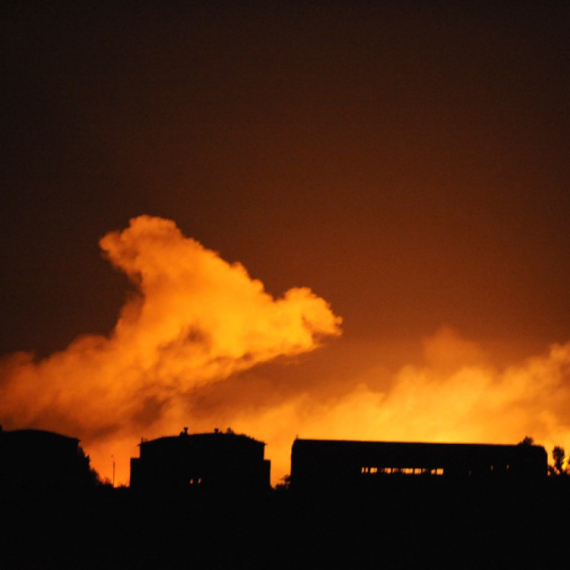

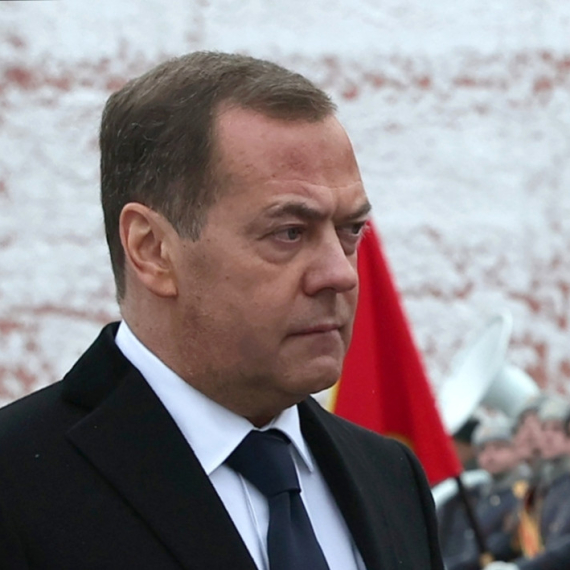

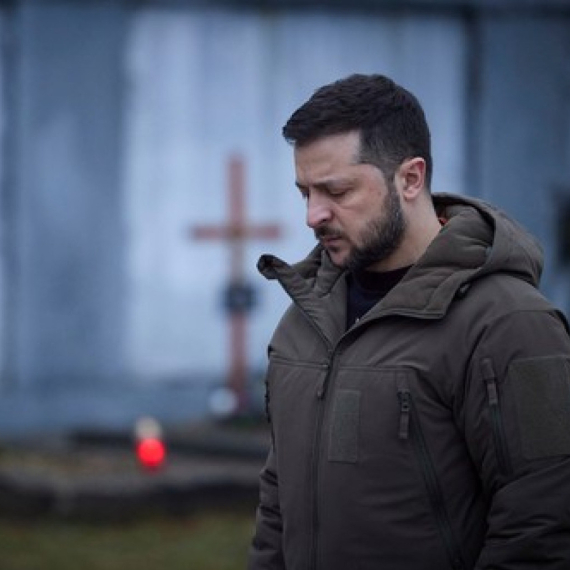




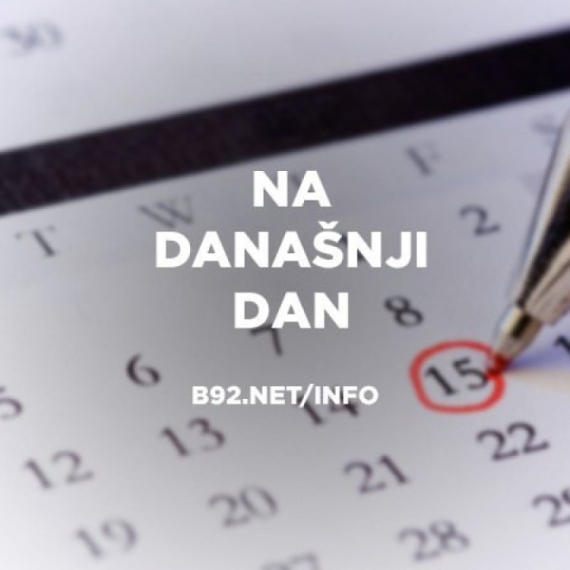


















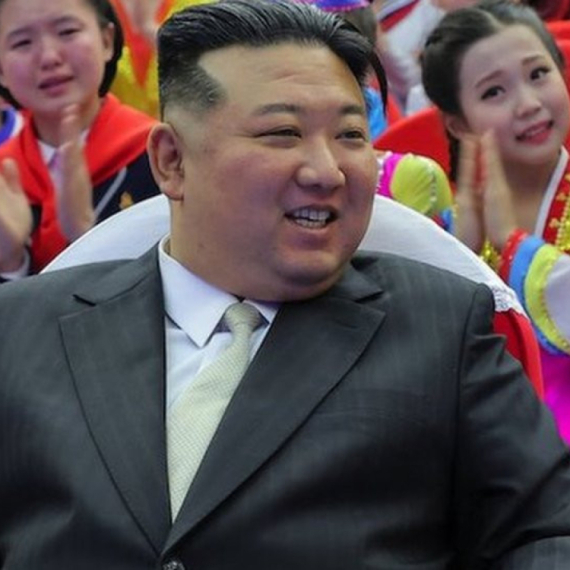
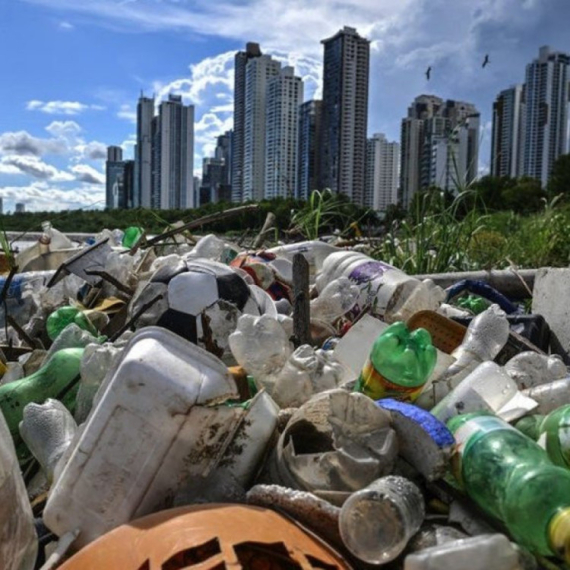
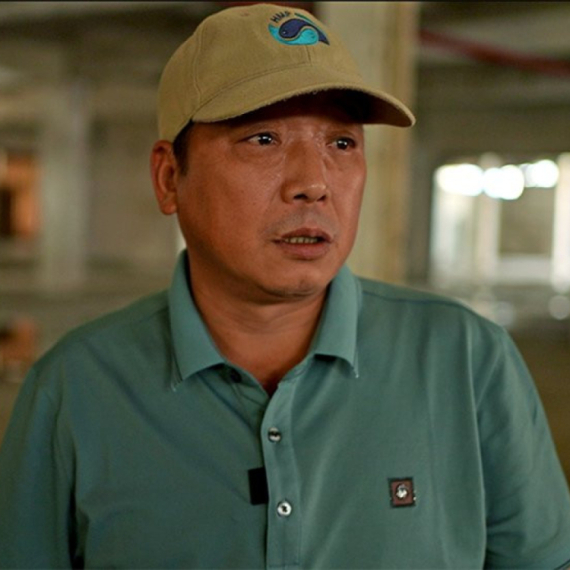



Komentari 4
Pogledaj komentare